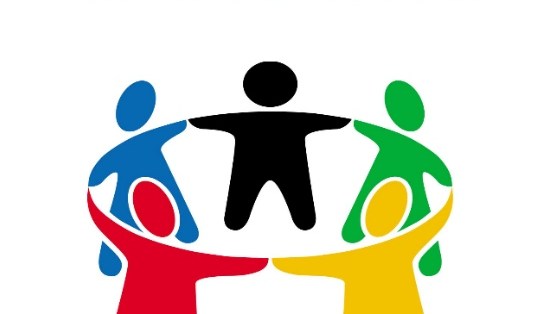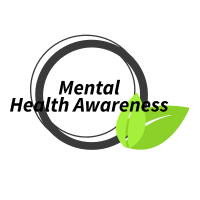What is mental health?
Mental health, in essence, is your state of well-being. It is a person’s cognitive ability to cope with normal everyday stresses while producing work or contribution to one’s community.
It is a complex interplay between many factors both individual and environmental including family history, lifestyle choices towards, smoking, exercise, substance use etc., levels of personal and workplace stress, exposure to trauma, access to support and healthcare.
When these demands exceed a person’s coping abilities, their mental health is invariably affected.
What is mental illness?
Mental illness is a medically diagnosable illness. It significantly impairs a person’s cognitive, affective or relational abilities. They can be a result of any or combination of factors including;
- biological factors
- developmental factors
- psychosocial factors
The effects of psychological health problems can vary from mild forms of low mood or in difficulty sleeping, to more severe disorders. These are typically diagnosed disorders like schizophrenia or bipolar disorder.
Psychometrics are commonly used to assess an individuals mental capabilities when more specifically applied to placement of an individual in work or a career. Commonly used during job placement, psychometric tests can identify whether there is a match between the job role and the candidates personality traits and cognitive abilities.
In providing support there are 3 main areas of support;
- Assistive Technologies
- Supported Accommodation Residences
- Individualised Services
Assistive Technologies
Assistive technology refers to any device or system that provides people with practical solutions to everyday life activities.
Whether there is a need for mobility aids (wheelchairs or hoists, sensory aids for hearing and vision) to provide solutions for the individual to take part in other activities, communication, sport and recreation etc. Assistive technologies and disability services improve the lives of people with disabilities and their families.

Supported Accommodation Residences
Shared living spaces staffed by experienced 24/7 support teams or independent living units in purpose-built supported accommodation villages. Both provide a supportive homely atmosphere in a safe environment.
Many also have access to friends and entertainment, specialist health services, opportunities to learn new skills to assist transition to independent living and access to community facilities and events.

Individualised Services or Assistance to Live Independently
Individualised service with a person-centred focus to offer opportunities to explore connections in the community and around the home.
In-home care includes supporting individuals of all ages in areas such as learning, recreation, social and employment. Many activities of support include:
- Maintaining and developing friendships and informal community connections
- Participating in sporting and recreational activities
- Accessing educational and training courses
- Life skills training such as housekeeping, meal preparation, transport training, money management and shopping
- Assistance to attend medical, dental, therapy and other appointments
Help for people with cognitive and mental health impairments in the criminal justice system.
Mental health law changes to radically change involuntary treatment and abandon the idea that people should be assessed primarily on the risk they pose to the community, Christopher Ryan, a psychiatrist at the University of Sydney’s centre for values, ethics and the law in medicine, said the bill contained some good changes but was “quite disappointing”.
Unlike personal injury compensation, the bill was not determining whether patients who were psychiatrically disabled or had an ongoing psychiatric illness were able to make decisions, but as Ryan states, was allowing that “Mentally ill people who understand the information about being treated, and come to a decision not to have treatment, can still have treatment forced on them if they are deemed “at risk”.


